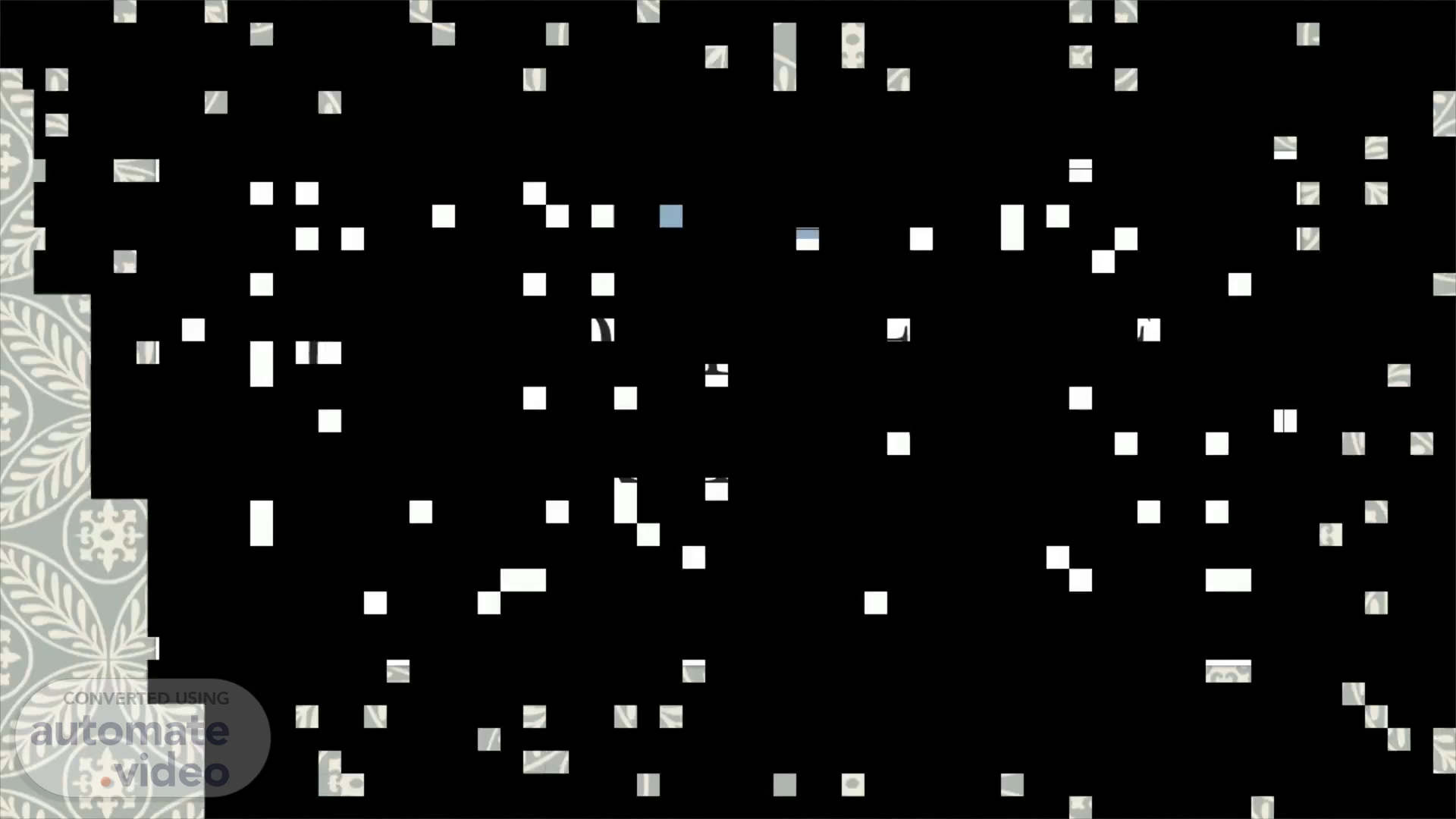
History of the partition
Scene 1 (0s)
[Audio] History of the partition. History of the partition.
Scene 2 (10s)
[Audio] The partition of India and Pakistan, also known as the Indian partition, was a major historical event that occurred on August 14-15, 1947. It was the result of a long struggle for independence from the British colonial rule in India. The partition resulted in the creation of two sovereign states: India and Pakistan. While various factors contributed towards the partition, it is widely acknowledged that the British colonial administration played a major role in the division of India along religious lines. The partition of the subcontinent was primarily the result of British policies, which exploited communal tensions and prioritized imperial interests over the welfare of the people of the Indian subcontinent..
Scene 3 (58s)
Prior to colonisation, the subcontinent had been made up of many princely states where many religions co existed, there was a Hindu majority and Muslims were the largest minority..
Scene 4 (1m 35s)
Partition triggered riots, mass casualties, and a colossal wave of migration..
Scene 5 (1m 56s)
1947 India post-Partition..
Scene 6 (2m 6s)
Eye witness accounts and how it affects them to this day.
Scene 7 (2m 18s)
Karam. pa6ueqo ld03d,.
Scene 8 (2m 28s)
Raised in Delhi and Shimla, India, then moved to Karachi, Pakistan.
Scene 9 (2m 57s)
Partition by W.H. Auden.
Scene 10 (3m 8s)
The British systematically encouraged communalism by promoting the interests of certain religious groups over others..
Scene 11 (3m 37s)
Kashmir, one of the world’s most militarised zones.
Scene 12 (4m 17s)
Even today the Indian – Pakistan border. remains the most heavily patrolled and armed.
Scene 13 (4m 36s)
Queen Consort Camilla to wear St Mary’s crown without the Koh-I-Noor diamond at King Charles coronation.(BBC News).
Scene 14 (4m 50s)
Educating ourselves about the partition enables us to globalise the Gearies Curriculum and ensure that it truly represents our values and our community..
Scene 15 (5m 22s)
It was deeply scarring and traumatic, changing their lives dramatically, uprooting them from places and communities where they had lived for generations. They lost languages, ways of life, property, heirlooms, people. It shaped their attitudes toward government, minorities and the concept of home..